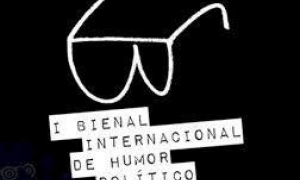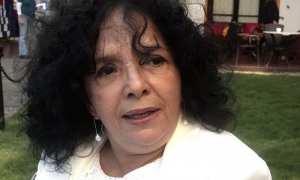
From its first continuous beats to the present time, Cuban radio has never ceased to be an act of creation. The originality, the ways of relating to audiences and the particular reflection and impact on the historical development of the nation characterize the uniqueness of an exercise sustained over time.
We are before a cultural fact of long and penetrating encouragement that today celebrates a century of existence. Culture understood as citizen commitment, identity affirmation, construction of imaginaries and broadening of horizons and spiritual expectations.
Even though the radio responded to corporate and commercial interests for the most part in the first four decades, it was also a time of milestones of undeniable value and audacity.
The birth and crystallization of the radio soap opera as a native genre is recognized as a matrix of codes that were soon adopted by the radio work in Latin America, and marked the difference with the predominant forms in radio stations in the United States and Europe.
The appeal to sentimental overflow, the references to daily human conflicts, the promotion of substantial ethical values beyond the simple confrontation between good and evil, the recycling of the newspaper serial culture and the revaluation of domestic scenarios in which social disadvantages were evidenced, became visible in the body of the radio soap operas of greater popular impact between the 1940's and 1950's.
Authors such as Félix Pita Rodríguez, Dora Alonso, the Mexican Caridad Bravo Adams, Iris Dávila, Aleida Amaya, Nora Badía, Mercedes Antón, Roberto Garriga, Jorge Jiménez and Rafael Paz complied with these premises and fostered a paradigm adopted by radio stations and later by television stations in several countries of the region.
Félix B. Caignet, undoubtedly the most successful Cuban author of radio soap operas, once said: "I never intended to write either The Divine Comedy or Don Quixote. I had to write commercial prose to sell soaps, toothpastes, cigarettes, but I wrote all with sincerity. I took advantage of the fertile furrow of popular emotion to always sow a message, a seed of good, of morality, of goodness, something that would stimulate the best coexistence of my listeners, of humanity."
Without these antecedents, the survival and updating of dramatized fictions in Cuban radio in the most recent decades -police, historical, radio dramas and radio soap operas themselves-, the consistency of an avant-garde of radio playwrights who have produced works that should be studied and analyzed in the light of their unquestionable contributions, cannot be explained. Let us symbolize that vital breath in two creators: Joaquín Cuartas and Alberto Luberta; one renewed the bases of the radio soap opera; the other managed to shape a model of costumbrist humor that has not yet been surpassed.
Then there is the intimate relationship of radio with the development and diffusion of Cuban music. Traditionally, what does not sound first on the radio, does not permeate the memory of audiences, as far as the area of song and popular dance music is concerned. It was like that before and it is like that now. It does not mean that everything that goes out into the ether has permanent values; fashions, tastes, favoritism influence, but after a process of decantation there remain undeniable milestones.
Several radio stations, from the founding times and from one end of the country to the other, became platforms for the establishment of artistic hierarchies. With the transformations of the radio system after the triumph of January 1959, the medium continued to be the most expeditious bridge for the establishment of dialogue between the proposals of works of soloists and groups and audiences. The spaces dedicated for decades to country music and improvisation in several radio stations of the country, as well as the enormous effort of the CMBF radio station to maintain a profile for concert music, which has been extended to other manifestations of artistic and literary culture, deserve special mentions for the historical continuity and tradition that they have been able to cultivate.
Thus, Cuban broadcasters have been accumulating a sound collection in the phono-libraries that keeps those recordings that took place as part of live programs, and also the memory of the national phonographic industry. This is something that deserves to be celebrated as well.
For a medium that after its first century is struggling between customary productive practices and renovating demands, it would do well to take note of something Alejo Carpentier - in addition to being an exceptional novelist, he was a determined radio man - once said when he returned to Cuba after the outbreak of World War II and joined the radio business in his homeland. He suggested: "This is the time to create new needs in the listener."
Translated by ESTI






